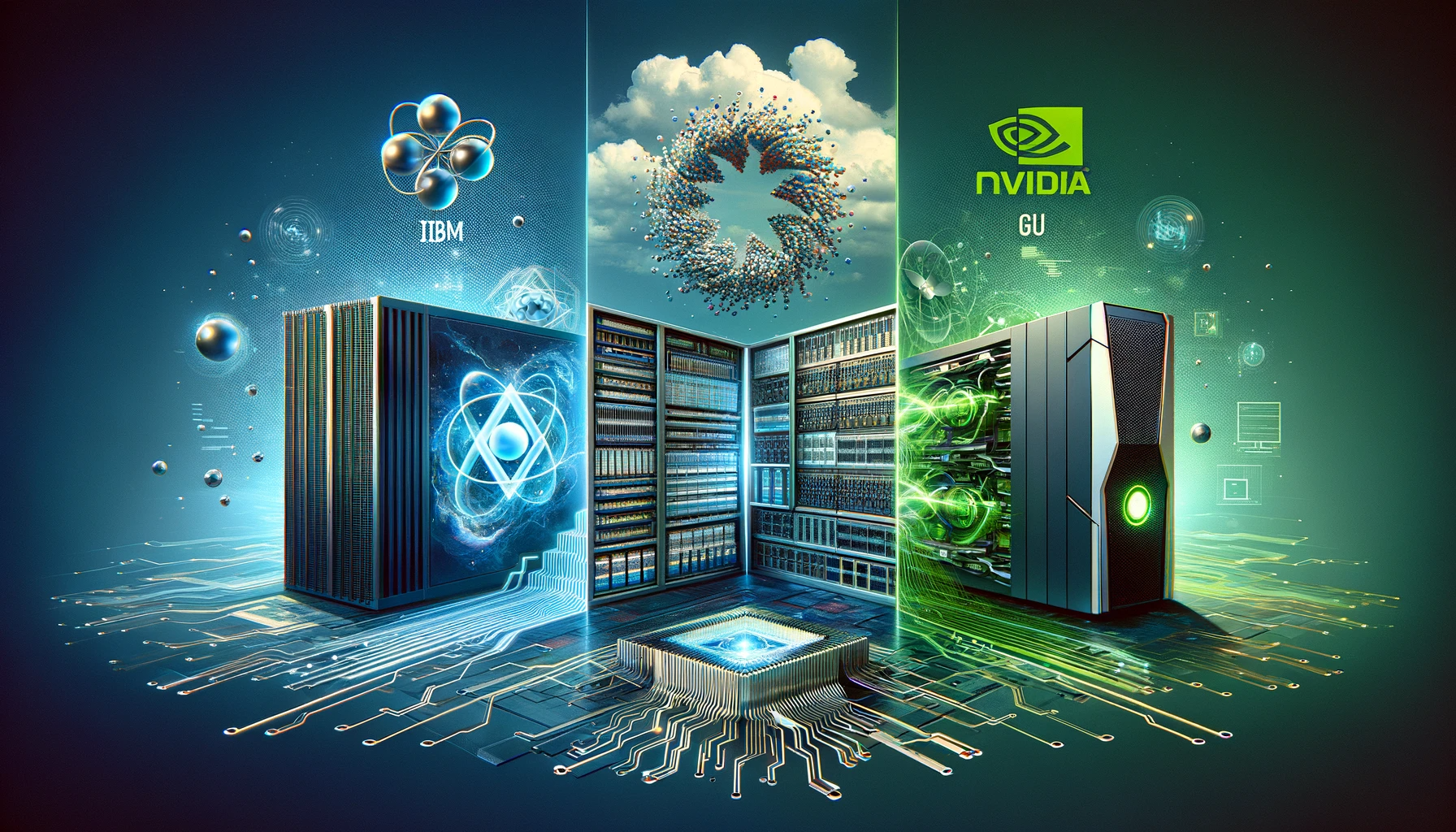Overview
Input
Does IBM's Quantum Supercomputers have the potential to outperform Traditional Supercomputers and NVIDIA GPU Systems in the next 5 years?
Output
Determining whether IBM's quantum supercomputers will outperform traditional supercomputers and NVIDIA GPU systems within the next five years involves considering several factors and ongoing developments in the field of quantum computing:
-
Quantum Computing Advancements: IBM's quantum computers are rapidly advancing. With their latest developments like the 133-qubit Quantum Heron processor, there is significant progress in terms of qubit count and error rates reduction. IBM's roadmap envisions further improvements in quantum hardware and software, suggesting an ongoing enhancement in their quantum computing capabilities.
-
Specific Problem Solving: Quantum computers have the potential to excel in solving specific types of problems, particularly those involving quantum simulations, optimization, and certain cryptographic algorithms, more efficiently than traditional supercomputers. However, for many general-purpose computing tasks, traditional supercomputers and GPU systems may continue to be more practical and efficient, especially given their current widespread adoption and optimization for a broad range of applications.
-
Challenges in Quantum Computing: Quantum computing still faces significant challenges, including error correction, qubit stability, and the development of algorithms that can fully exploit quantum parallelism. Overcoming these challenges is crucial for quantum computers to realize their potential in solving complex problems more efficiently than traditional computing systems.
-
Timeframe and Quantum Advantage: Predicting a specific timeframe like five years for quantum computers to surpass traditional supercomputers and NVIDIA GPU systems in overall performance is challenging. The concept of "quantum advantage" or "quantum supremacy" – where quantum computers can solve certain problems faster than the best classical computers – has been demonstrated in specific instances, but a broad and consistent advantage across a wide range of applications is still a topic of ongoing research and development.
-
Ongoing Technological Evolution: Both traditional supercomputing and GPU technology are also continuously evolving. Companies like NVIDIA are consistently enhancing their GPU architectures, leading to significant performance improvements. Similarly, supercomputers are becoming more powerful with advancements in computing technology. This continuous evolution means that the gap quantum computers need to bridge may also be expanding.
In summary, while IBM's quantum supercomputers are advancing rapidly and have the potential to outperform traditional supercomputers and NVIDIA GPU systems in specific areas, predicting a complete overtaking in overall performance within a five-year timeframe is speculative. The progress of quantum computing will depend on overcoming existing technical challenges and the continuous evolution of traditional computing technologies. The most likely scenario in the near future is a coexistence where quantum and classical computing technologies are used complementarily, each for tasks where they have advantages.



Comments (1)
knunke
1 year, 1 month ago